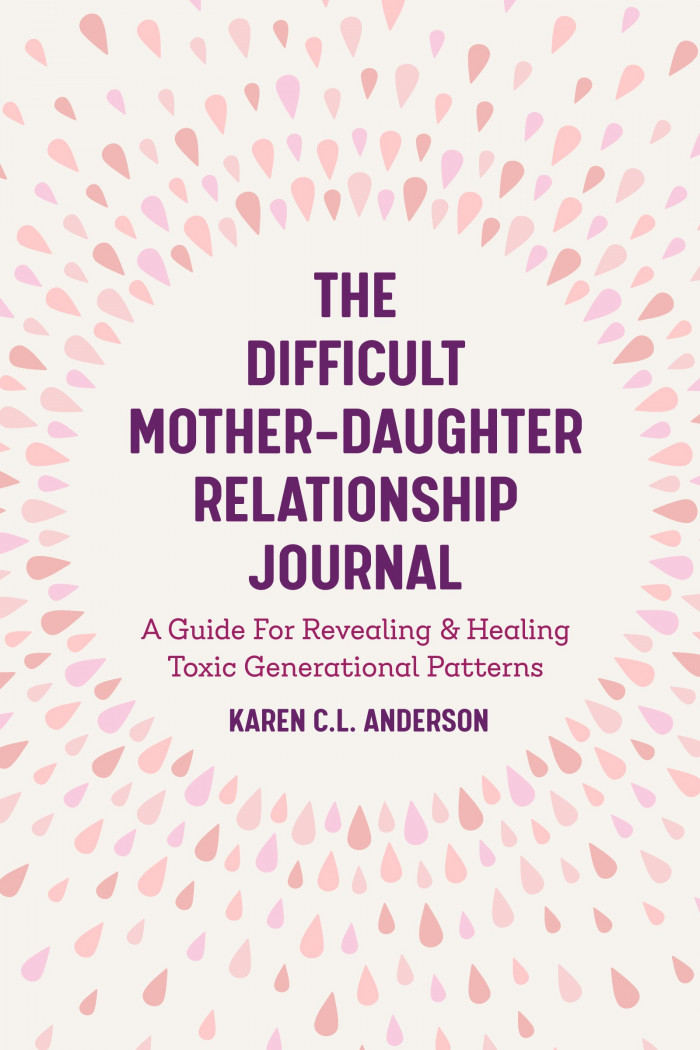Last week I wrote about the subtle-but-powerful difference between establishing a boundary as a form of protection and establishing a boundary as a form of respect.
This week let’s explore the difference between boundaries, requests, and demands, with thanks to Sam Dylan Finch who wrote: 5 Ways I Am Unlearning My “Fawn” Response (I highly recommend following Sam for all things trauma, mental illness, and LGBTQ issues).
I have written about this distinction before, but not in the way he breaks it down:
A healthy boundary is being clear about your behavior and what are willing or not willing to do.
When she sets a healthy boundary with you, she is being clear about her behavior and what she is willing or not willing to do.
Examples:
I am not willing to talk with you if you yell at me.
I choose not to drive in the car with you if you smoke.
I don’t want to talk about politics.
When you set boundaries, you know how you will respond/manage your behavior if your boundary is crossed, and vice versa.
A request is asking her to do (or not do) something.
When she makes a request, she is asking you to do (or not do) something.
Example:
Could you please not yell at me?
I’d appreciate it if you didn’t smoke in my car.
Can we talk about something other than politics?
When you make requests, she can choose whether or not she wants to do what you are asking, or vice versa. If she doesn’t want to honor your request, you can then establish a boundary, which, again, is about your response and behavior. The same goes if you don’t want to honor her requests. She may choose to establish a boundary.
An expectation (especially if it’s unspoken) or demand is an attempt to dictate or manipulate her behavior and often has a tone of moral judgement.
When she has an expectation or demand, she may be trying to control or manipulate you.
Examples:
You shouldn’t yell…it’s rude.
I can’t believe you still smoke…it’s so bad for you.
Don’t talk to me about politics!
When you have expectations or make demands, you’re trying to impose your will on her or vice versa.
What makes boundaries healthy (and powerful) is that they are about managing our own behavior rather than judging or trying to control someone else’s. If she likes to yell or smoke or talk about politics and has friends who like to yell and smoke and talk politics with her, they’re allowed to yell and smoke and talk politics together. If you don’t like to be around yelling and smoking and conversations about politics, you don’t have to be.
Conversely, there may be things you like to do that she doesn’t want to be around. Or subjects she doesn’t want to talk about.
So pay attention to how the two of you communicate: Is she establishing a healthy boundary? Making a request? Or trying to control or manipulate your behavior? What about you?
Related: The Surprising Thing That Will Make Setting Boundaries…Easier.
Much, much love,
Karen
View the full blog post here.


